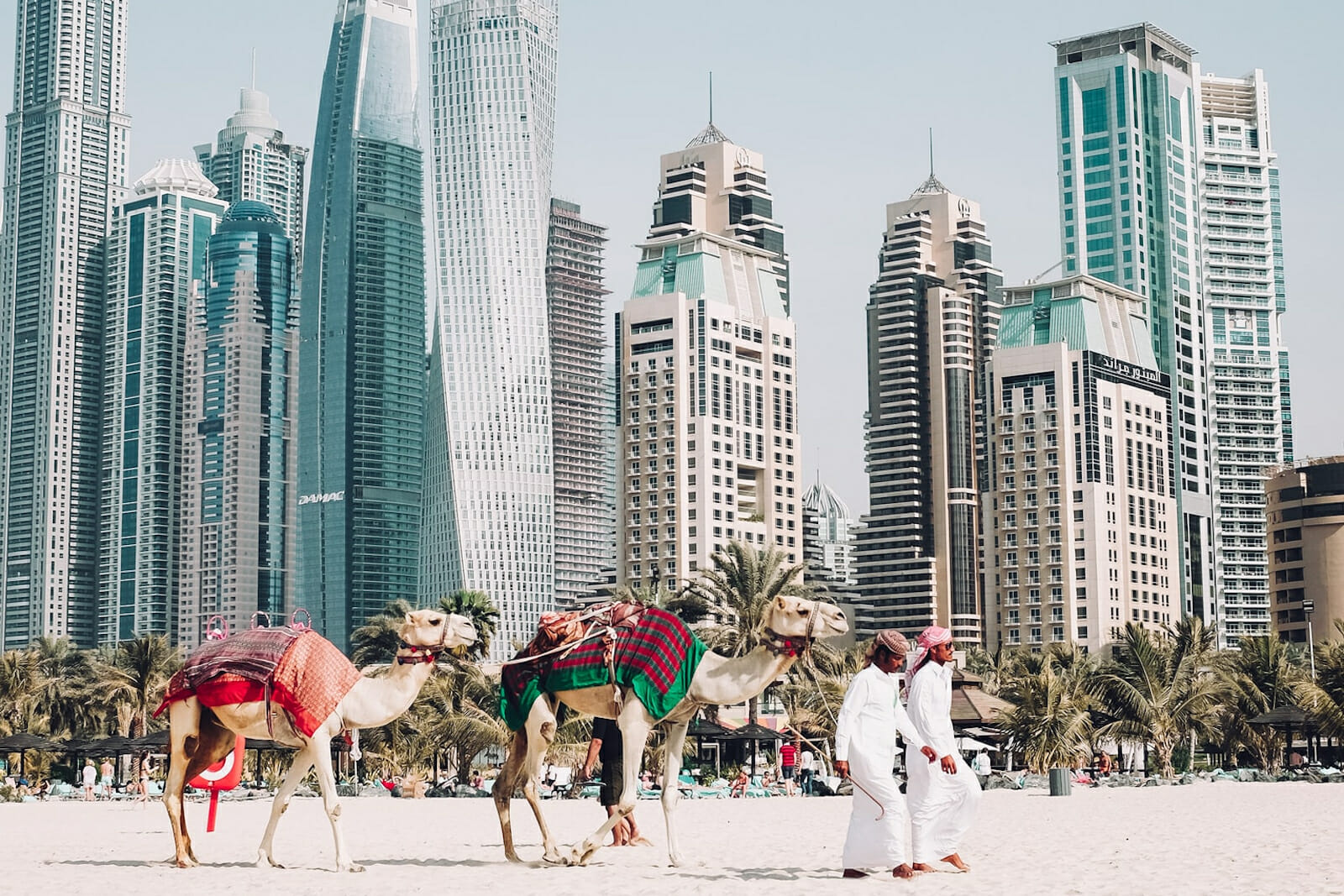
Dubai’s Economic Recovery May Hinge on Authenticity of Legal Reforms
After a tough 12 months in which the flagging oil industry and the coronavirus pandemic inflicted significant damage to its economy, Dubai is hoping for a strong recovery in 2021. The newly signed Abraham Accords have already precipitated an influx of an estimated 50,000 Israeli tourists to the UAE, while the country is also gearing up to host Expo 2020 in October of this year.
As well as these encouraging signs, the UAE government has also embarked upon an overhaul of its personal and family law framework, in a bid to entice back the countless expats who fled the country during the coronavirus pandemic. The reforms laid out last November attempted to address issues in the UAE’s conservative legal system which have long seemed at odds with its West-facing image.
Will the amendments have their desired effect? Convincing Westerners that the reforms constitute more than mere window dressing will be key to the stratagem’s success. One particularly prominent case, concerning the divorce settlement awarded to Tatiana Akhmedova, the ex-wife of a Russian billionaire, could serve as a litmus test for whether things really have changed and, by extension, whether the UAE’s economy really will bounce back in 2021.
Sweeping changes
Approximately 90% of the UAE’s 9.9 million people are believed to be foreign nationals, many from East Asian countries like India and Pakistan as well as from liberal Western nations such as Australia, the UK, and the United States. The country, however, has suffered waves of bad press when expats or tourists have fallen foul of extremely conservative Emirati legislation, which is based on Islamic law.
For example, prior to the reforms introduced in November, it was illegal for anyone to buy alcohol in the country without a license – and only residents were able to purchase one, so all tourists who drank (even in designated zones) were breaking the law. Cohabitation (or even renting a hotel room) before marriage was outlawed, and rape victims could find themselves convicted of adultery. The strict laws were rarely enforced by the authorities—something which lulled expats and tourists alike into a false sense of security, making their prosecution all the more jarring when it did happen.
The UAE is clearly hoping the criticism of its judicial system is a thing of the past, after relaxing the draconian rules in a bid to make the country more appealing to workers, expats, and investors. Alcohol consumption and prenuptial cohabitation were decriminalized, while stronger penalties were introduced for sexual harassment and domestic abuse, including the withdrawal of the “defending family honor” defense for those guilty of the latter charge.
The reforms were hailed by legal experts, who claimed that their introduction would facilitate the recruitment and retention of top talent in the country. While that may be true, its ultimate success will surely be dependent on whether the reforms are simply skin-deep, or actually herald the arrival of real change in the strict Gulf state.
The Akhmedova litmus test
Concerned parties looking for an answer to that question may pay close attention to a protracted court battle which has shone an international spotlight on the shortcomings of Dubai’s sharia-influenced courts: UK-based Tatiana Akhmedova’s fight to get her ex-husband, the oligarch Farkhad Akhmedov, to pay out his court-ordered divorce settlement.
Akhmedova was awarded 41.5% of her husband’s fortune by a UK judge in 2016, equating to over $600 million. Akhmedov, however, has gone to great lengths to avoid paying that settlement, claiming that he would rather burn his money than give it to his ex-wife. He has not only seemingly roped in their son Temur to help him hide his assets out of reach, but also dragged the Dubai courts into the effort. In response to Akhmedov’s refusal to pay, London’s High Court issued a worldwide freeze on his assets, including a $460 million superyacht moored in Dubai. Akhmedov, however, banked on the UAE’s flawed legal system to ensure that he kept the luxury vessel.
The oligarch succeeded in getting the case moved from the more liberal Dubai International Financial Centre Courts, which were inclined to support Akhmedova’s petition, to the more retrograde family courts. These ruled that the 2016 UK court judgment was “unenforceable” under sharia law, which does not recognize the Western concept of “shared assets” between spouses. Due to this gap in the UAE’s family law, Akhmedov is free to enjoy his yacht despite the worldwide freeze on his assets—though he’s unlikely to sail it out of Dubai any time soon since another legal system would probably hand the luxury ship over to Akhmedova as partial payment of her divorce award.
The case is one among many which have shaken Westerners’ faith in the Emirati legal system, but due to its hefty price tag, it has taken on outsize importance. Resolving this kind of issue going forward will be key to demonstrating that the UAE’s legal reforms are more than just lip service to the ideal of a free and forward-thinking society and actually constitute an authentic sea change in how the country operates.
As such, the Akhmedov case presents an opportunity for the Emirati authorities to show the world that Dubai is, in fact, the thriving business hub that it so desperately wants to be. By reassuring foreign investors of the nation’s integrity and guaranteeing expats their safety and liberty while working and living in Dubai, the country has a golden chance to rebrand itself for the post-COVID world…and it could all start with the release of a $460 million yacht.

